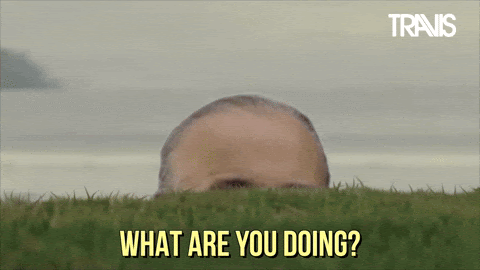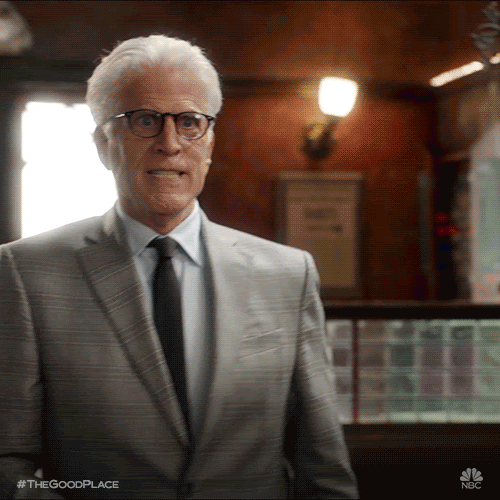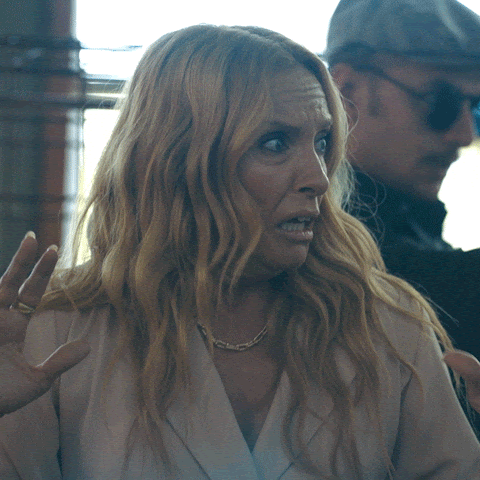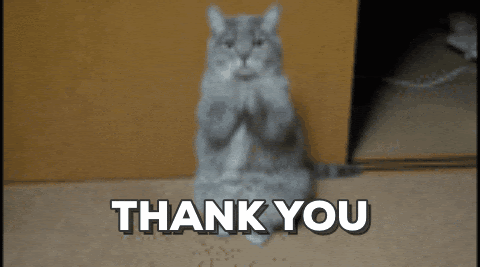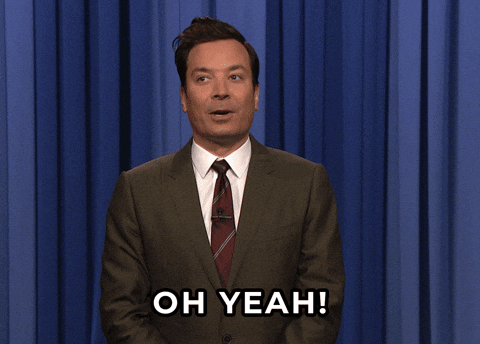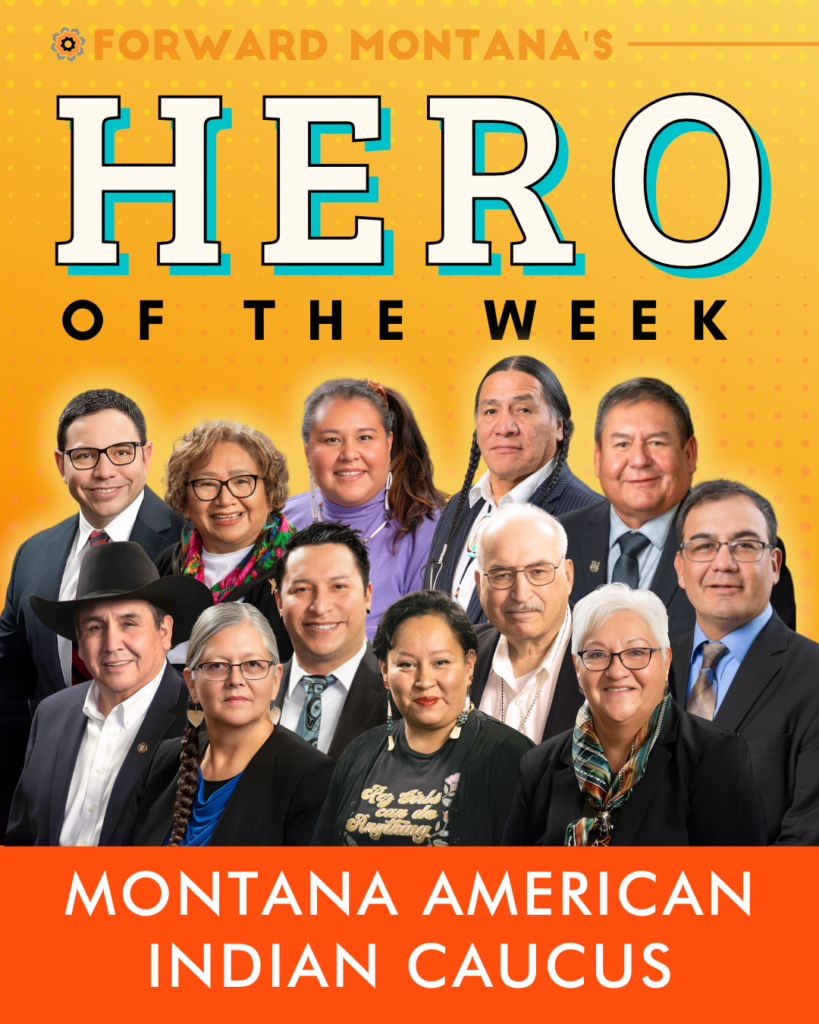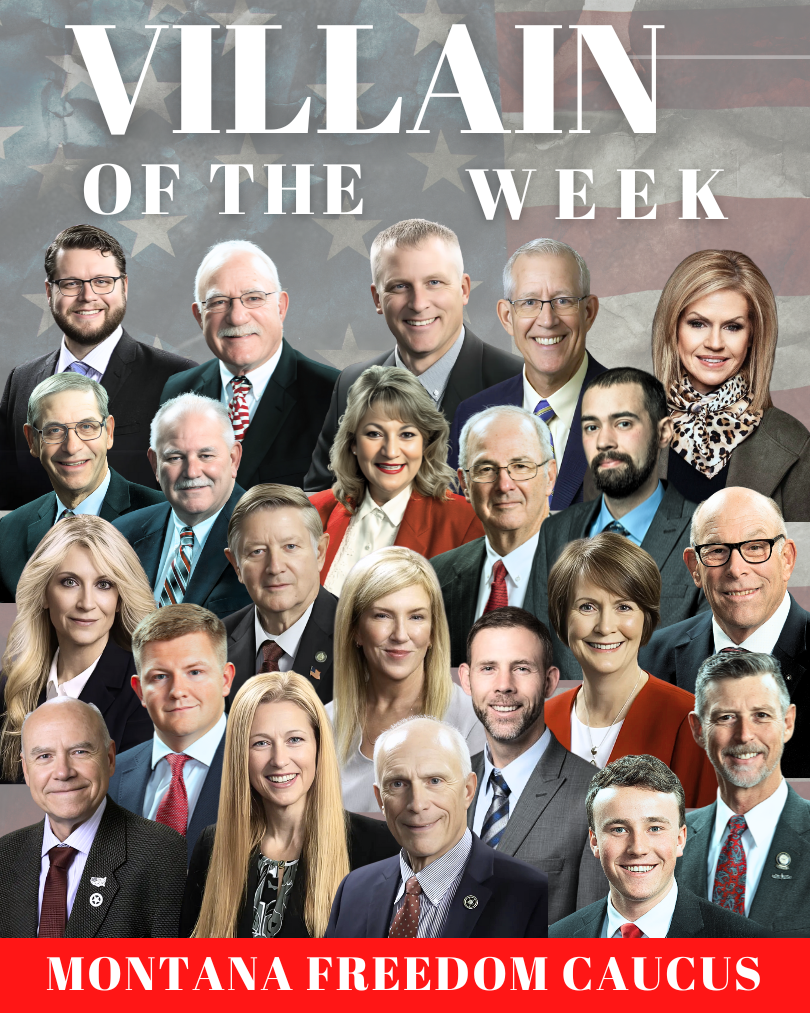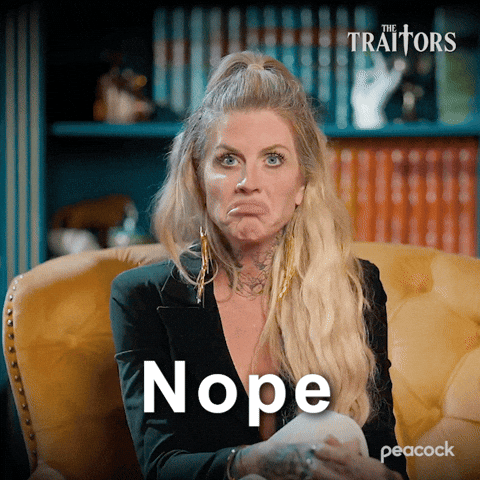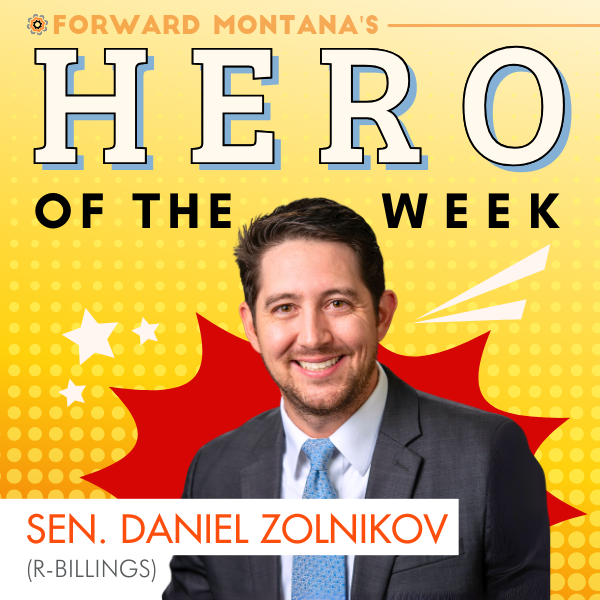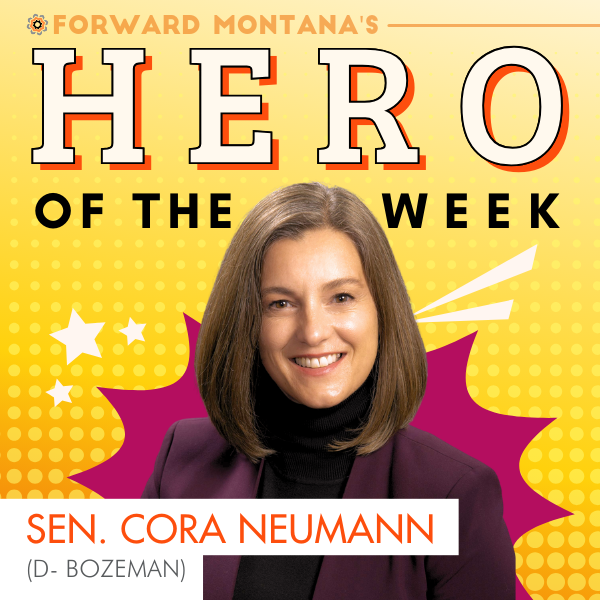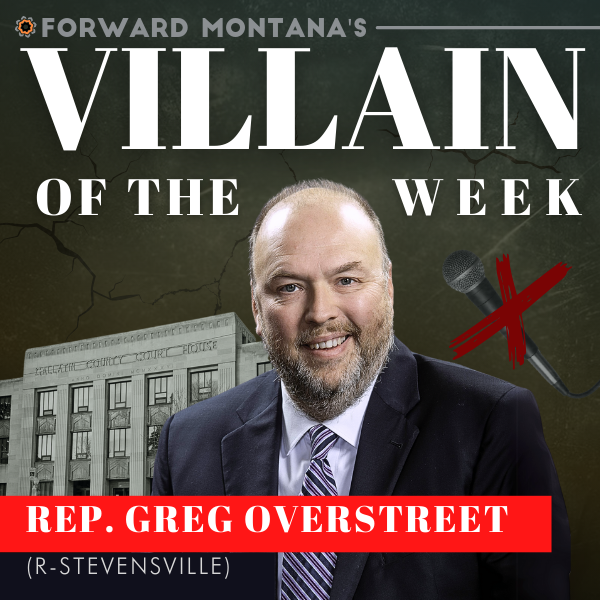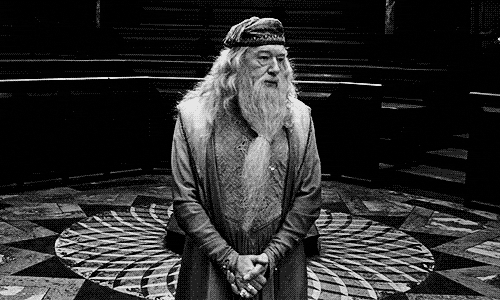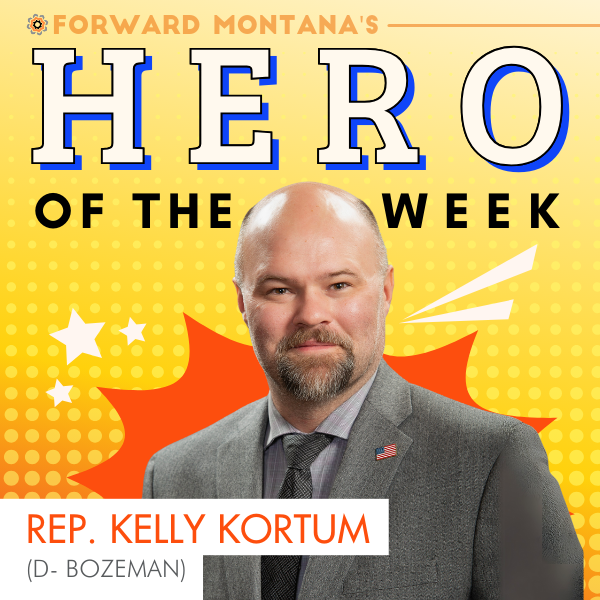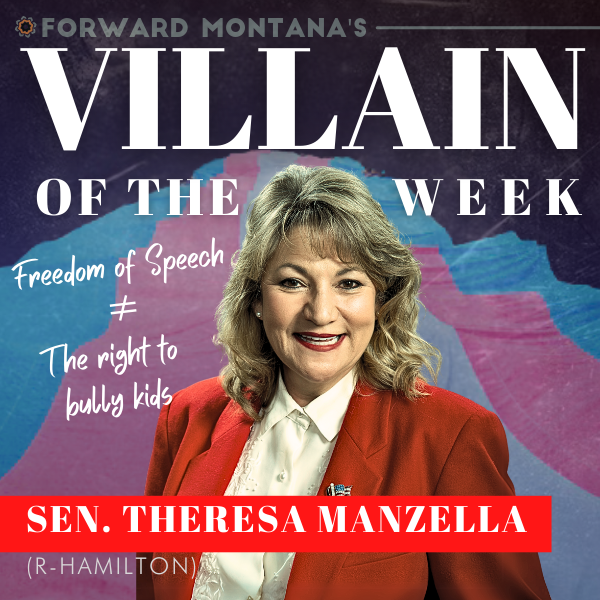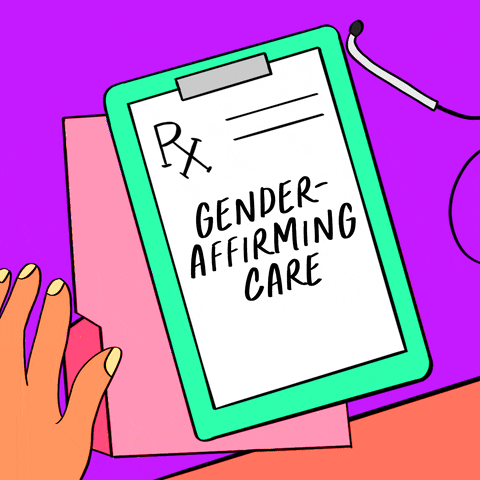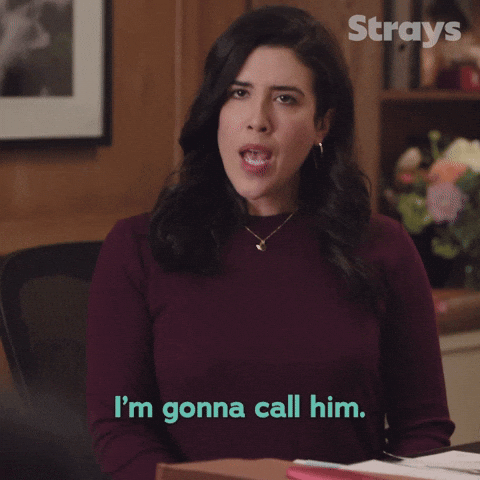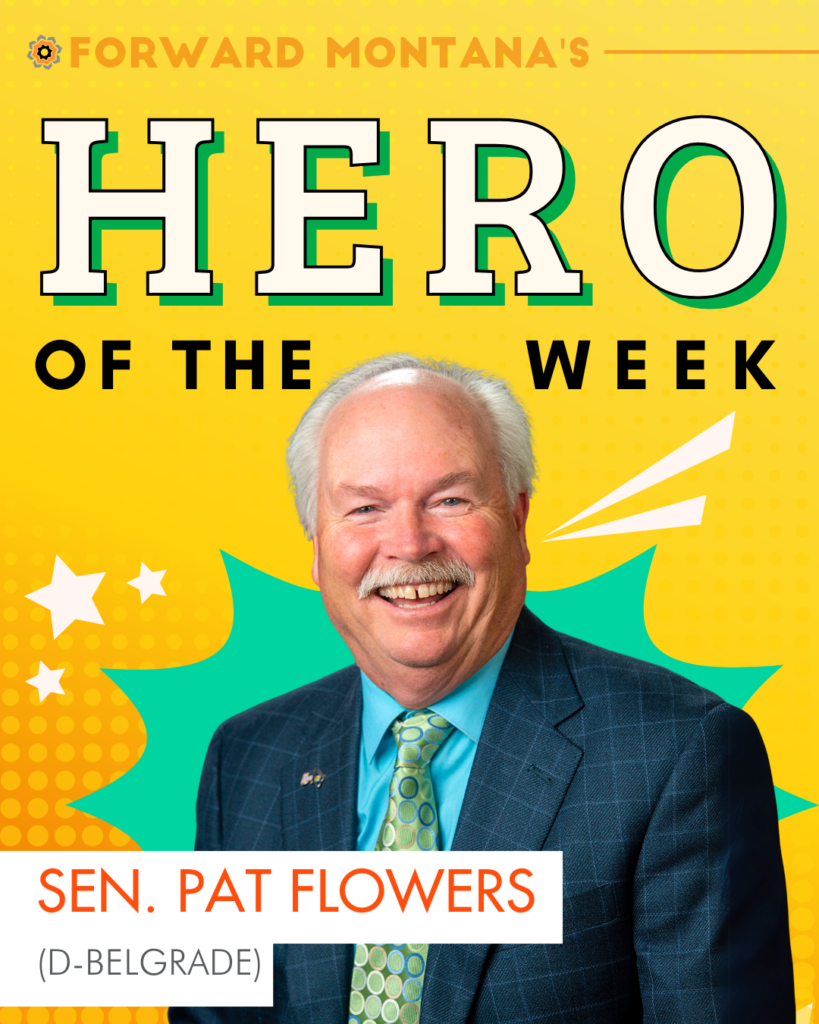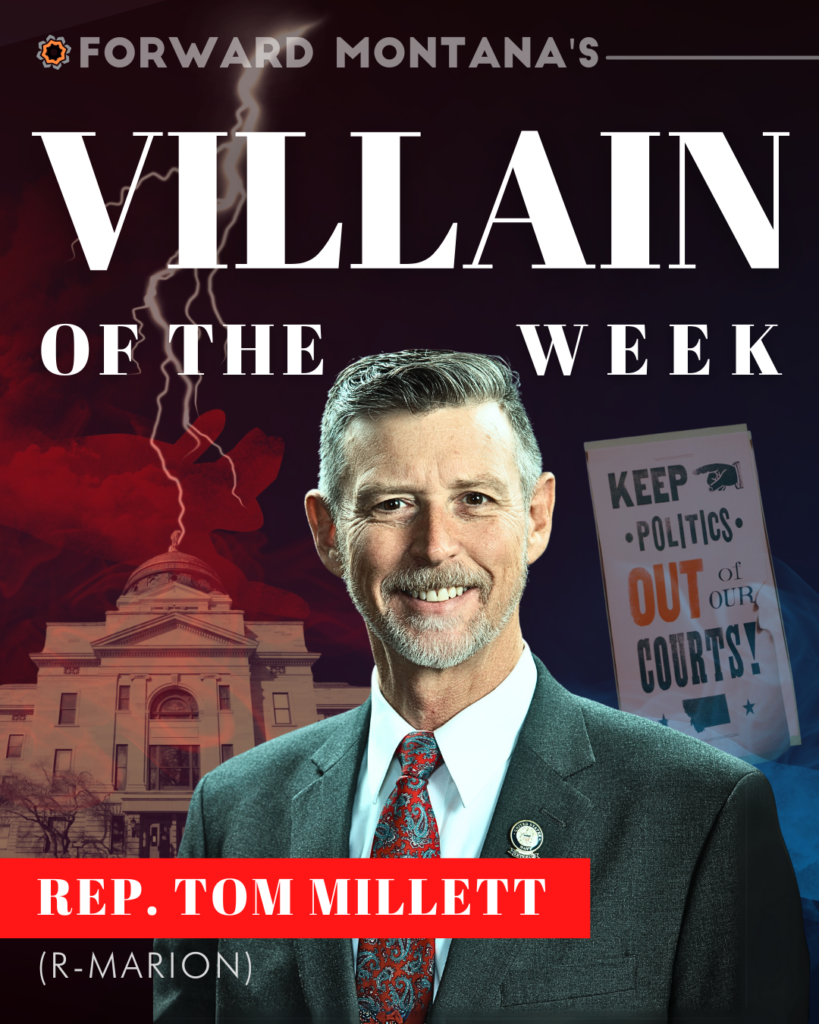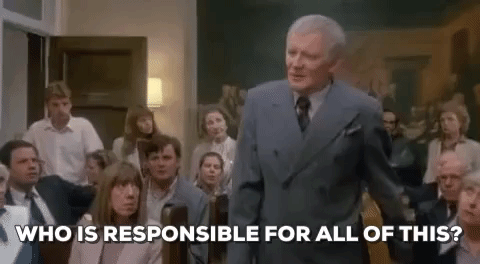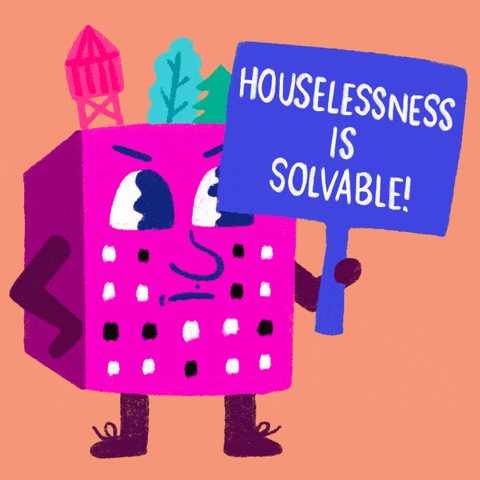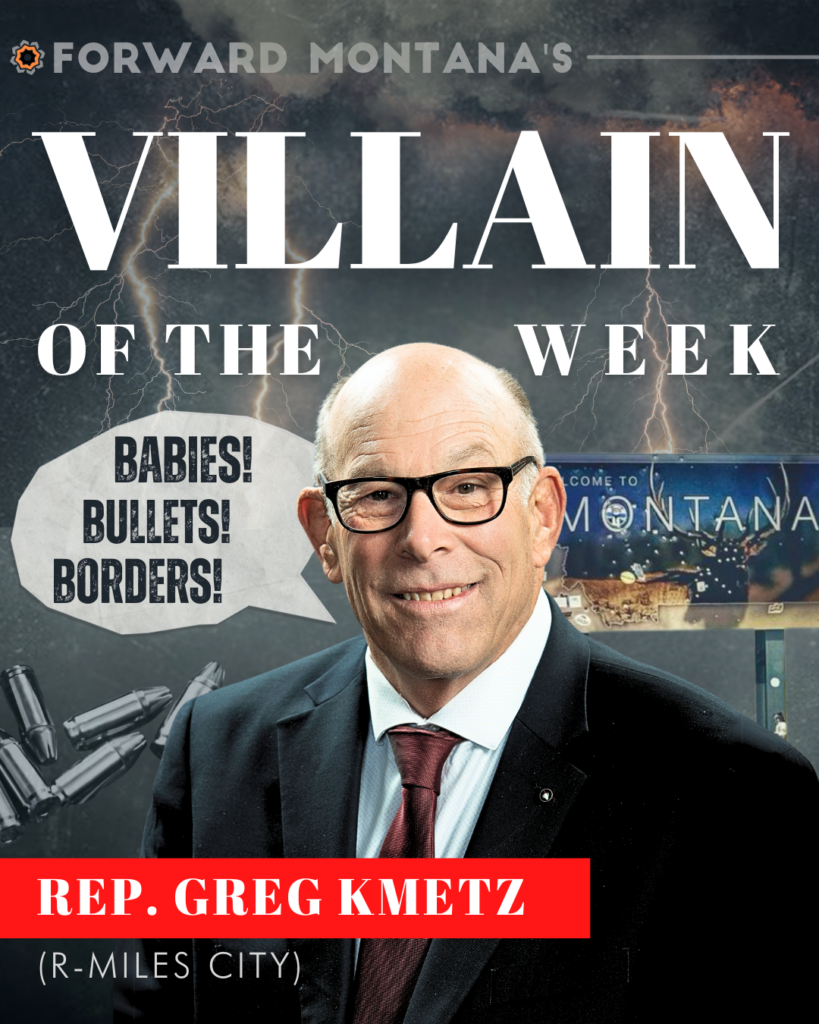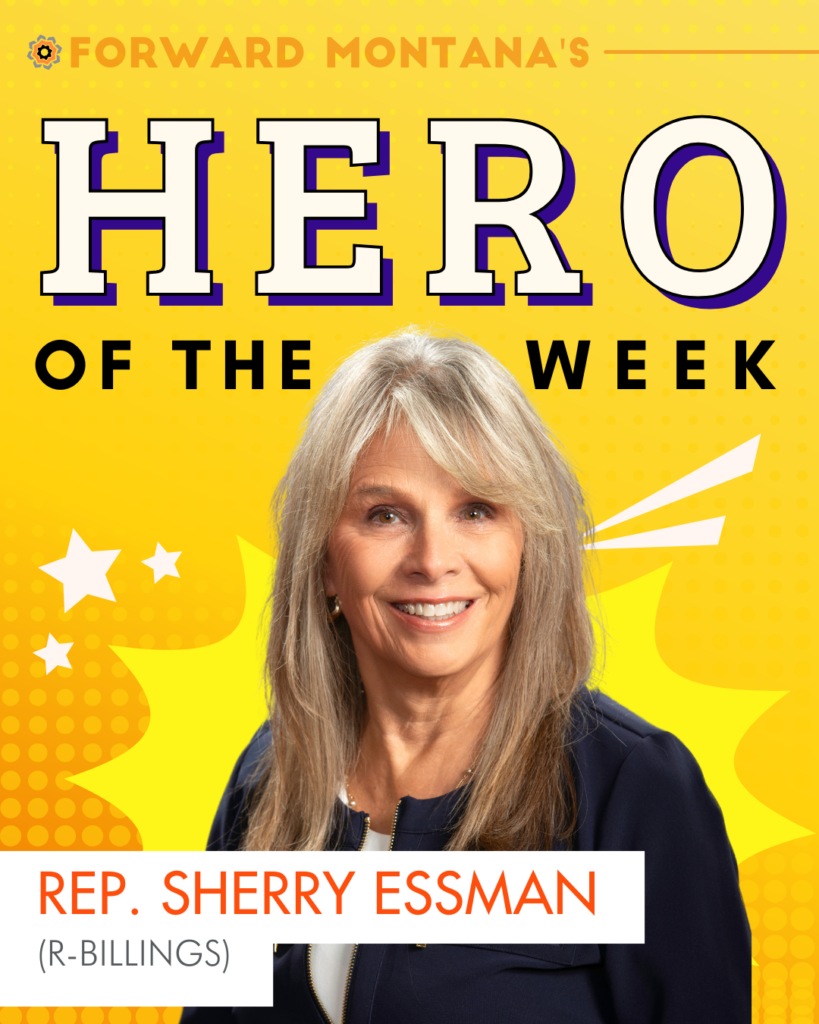This is a long one folks so buckle in and learn about different opportunities to provide your thoughts on potential changes in YOUR community
TL;DR:
- This newsletter focuses on affordable housing (but keep an eye out for the January edition, where we have some exciting developments!).
- Wherever you live in the Valley, PLEASE submit your public comment. If you need more information, I can help (but Livable Flathead has the latest information). Either way, let me know!
- Housing needs more young people speaking up! Our voices matter, and they’re tracking how many of us show up…and we could be doing better.
- Scroll below for the following public comment deadlines, all the tea on where the process stands (and what’s messy).
- Check out the section on YOUR community, Kalispell, Columbia Falls, and Whitefish
Kalispell’s CUP Power Grab – Here’s What You Need to Know Before December 15th
Alright Flathead fam, gather ‘round, because there’s some piping hot local-government tea, and it affects pretty much everyone: renters, homeowners, nonprofits, AND local businesses.
 The Situation
The Situation
The Kalispell City Council just held the first reading of a proposed amendment that would give the City the power to revoke Conditional Use Permits (CUPs) at any time. The amendment does not take effect immediately; it will take legal effect on January 15, 2026. From that date on, the Council can use the clarified process to revoke CUPs if the conditions are met.
On paper, this sounds like “accountability.” In reality, it means any business, nonprofit, or community service that relies on a CUP could lose its ability to operate—even if it’s following the rules.
Why This Matters
- The Flathead Warming Center operates under a CUP. If this amendment passes, the center that keeps our neighbors alive in winter could face new political pressure or threats to its permit, not because of violations, but because of changing political winds.
- Businesses with CUPs (e.g., childcare centers, breweries, event spaces, transitional housing, churches) depend on stability. A system where permits can be revoked unpredictably? That’s bad for business, bad for planning, and bad for economic growth.
- CUPs traditionally offer clear expectations and predictability, enabling businesses to invest, hire staff, and serve the community. This amendment chips away at that stability.
What’s Next
The second reading + public comment opportunity is coming up:
📅 Monday, December 15th
🕧 7:00 PM
📍 Kalispell City Hall
✍️Your Call to Action
Show up on Dec 15th. Bring friends. Bring neighbors. Bring people who care about housing, small-business stability, or good governance. Submit a written public comment if you can’t attend: publiccomment@kalispell.com
Share this update with someone who might not be plugged in.
Because the Flathead deserves policies made with community input, not surprise power shifts.
Columbia Falls
The city is in the thick of updating its land-use plan, zoning map, and subdivision rules to comply with the new statewide MLUPA overhaul — basically rewriting the playbook for how the city grows, builds housing, and handles development in the next decade. With one Planning Commission seat still unfilled, community voice really matters here.
And the next chance to plug in? Thursday, December 11, at 6:00 p.m. at City Hall (130 6th Street West).
If you want a peek at how C-Falls’ future gets shaped, or just enjoy a little civic tea, this is the meeting to watch. The land use survey is open until Dec 11th!
The Growth Plan Unpacked: Housing, Land Use, and More- Your Report Card for Whitefish 2045
Action Items:
- Make a public comment on the land use section! Housing public comment Dec 17th!
- Looking ahead, we will be pregaming the Jan 20th meeting! Stay tuned!
Main Point: Whitefish youth, the town you call home, is at a crossroads. Decisions being made right now will shape where you live, how you get around, and whether the place you love remains affordable and livable OR becomes a playground for visitors and those with deep pockets.
What is the Growth policy? Who’s at the table now, and who’s still missing? The status quo is evident: older, wealthier stakeholders often dominate the conversation, prioritizing development that preserves their interests over the community’s needs. Meanwhile, young workers, renters, and service-industry locals, those who keep Whitefish running, are heavily underrepresented. The City Council has publicly supported affordable housing. Still, until policies reflect that commitment, the Growth Policy risks favoring high-end development, sprawl, and tourism-focused projects over housing for year-round residents. This is a long-term blueprint for Whitefish’s growth over the next 20 years, and we have until May 2026 to finish it. VISION WHITEFISH 2045 | Engage Whitefish.
What’s at stake? With the May 2026 deadline looming, $390–400,000 in PRO Housing grant funding is at stake. City leaders have publicly said they care about affordable housing, and this grant could help turn those words into action. But continued delays and indecision in the Growth Policy put both the funding and our community’s long-term housing affordability at serious risk. Without intentional, value-driven policies that prioritize residents, this opportunity to secure housing for year-round workers and equitable growth could easily slip away.
Whitefish 2045: Key Chapters Explained
Economic Development
Status: Draft is complete, but the board is split (some discussions reopened). CitizenPortal.ai – Community Development Board delays action on Vision Whitefish 2045 economic development goals after a board split.
Tea: According to Shelter WF some board edits, weakening language supporting local businesses and a year-round economy, undermining goals that serve residents (not just tourism). Word is there is debate over how much detail to include in the policy versus leaving details to future zoning (some board members want a “lighter touch” for policy-level goals). ShelterWF noted the edits benefit business owners and wealthy second-home owners, at the expense of local workers and broader community needs. The removal or weakening of language about serving residents (i.e., goods and services for the year-round population), the weakening of goals for affordable housing, and a narrow focus on the tourism/visitor economy rather than a diversified, sustainable local economy.
Problem: The board keeps reopening this chapter, raising concerns that special interests are reshaping it. Plus, Mixed-use housing has been removed from this section.
Grade: C- content exists, but the edits favor tourism/business interests over local workers. Needs more equity lens. Removing mixed-use housing from the economic chapter is a mistake because mixed-use is one of the most effective tools we have to support affordable housing and a healthy local economy. When homes are built near jobs, shops, and services, it lowers construction costs, reduces traffic, and helps workers actually live in the community where they work. Mixed-use areas also give small businesses built-in customers and create walkable, vibrant neighborhoods that people want. Taking it out limits our ability to meet housing needs and makes the plan less realistic about how to keep the local economy strong.
Public Facilities
Public facilities:
Status: Draft in progress-Water, sewer, and stormwater sections continue to be refined under review.
Tea: Something to consider: as public facilities planning is tied to infrastructure costs, there’s a risk that growth (especially sprawl) could drive up long-term costs. That being said, some community members worry that the facility planning may not sufficiently support the denser, more affordable growth needed to sustain affordable housing.
Grade: B, primarily technical, but we must ensure facilities support denser, infill, affordable growth than just sprawl. One might say that suburban sprawl is the least desirable suitor of the season — a vast, sprawling arrangement that leaves homes, shops, and daily necessities scattered across great distances. A far more elegant design would be mixed-use districts, where life’s affairs are delightfully close at hand, and where promenading on foot is not merely pleasant, but entirely practical.
Environmental/Natural Resources/Hazards
Status: Done-ish Mostly drafted; hazards still debated (link)
Tea: We keep reopening this section, which Shelter WF noted that repeatedly doing this (reopening the hazard language) gives disproportionate power to individuals rather than supporting community-wide risk planning. Which, honestly, I wasn’t there, but referencing the meeting I attended in the housing section, I can confirm re: the Suburban Sprawl vibe. The delicate waltz between safeguarding our beloved wild landscapes and welcoming the dignified march of new homes and thoughtful growth.
Grade: B Generally solid, but repeated reopening may slow adoption. Needs a balance between protection and growth.
Transportation
Status: Daft has been released VISION WHITEFISH 2045 | Engage Whitefish
Tea: Dearest Reader, the whispers of our fair valley grow ever louder: will the newest transportation plans deliver accurate, equitable movement for all… or simply smooth the way for yet another scandalous chapter of sprawl? Society waits, breathlessly, for the answer. For beneath the charm of glossy proposals lies a truth we cannot ignore: transportation is destiny. Without intentional land-use planning, even the loveliest mobility investments can end up serving only the far-flung fringes or tourist-clogged corridors—leaving residents, especially young people and workers, stranded. And let us not forget the question of fortune. Building a truly multimodal network—one where biking, walking, and transit are not heroic feats but standard daily options—requires long-term funding, real commitments, and something more daring than wishful thinking.
Problem: What makes this especially frustrating is that mixed-use housing was removed from this section. Mixed-use is a total transportation lifesaver. When homes, shops, and jobs are close together, people can walk to places—a wild concept—which reduces traffic, parking congestion, and gas bills. And since public transit in Whitefish and the Flathead is, let’s be honest, kind of a joke, walkability is one of the only real ways people can get around without basically living in their cars. Mixed-use neighborhoods make everyday life easier, cheaper, and more enjoyable, and taking them out ignores how people actually move through this valley. It’s essentially saying, “Let’s go back to 1994 suburbia,” which is… not the move when we’re staring down climate change and need every practical emissions-reducing tool we can get.
Grade: The current draft shows promise maybe a C+ (if we’re being generous) but it’s still unclear whether transportation, housing affordability, equity, and real-world land use are actually working together. In less Regency-era language: public transit in the Flathead is unreliable. If you’ve ever tried getting to the airport without a car or attempted to cross town after 6 PM, you already know the struggle. That’s exactly why young people need to weigh in—our lives run on shift work, school, side gigs, ski days, and lake days, and all of that depends on systems that actually function.
Housing
Housing
Status: Outlines done; chapter not finalized; public outreach: December 17th, 2025.
Tea: Dearest Reader, gather ’round for tea, for the chatter swirling through our little mountain hamlet is nothing short of piping hot. Word from Shelter WF is that the housing chapter—so desperately needed to secure affordable homes for our workers and year-round residents—may be falling dreadfully short of its promise. And I fear they are not wrong. I attended the meeting myself, and let us simply say: the tone was not conducive to the ‘future of Whitefish.’ While the room was complete, it did not reflect the young workers, renters, or families who actually live the housing crisis every day. Instead, the conversation leaned heavily toward those most invested in preserving the status quo—landowners for whom “change” is more scandalous than any plot Lady Whistledown could spill. But here is the true mystery of the season: our City Council has publicly championed affordable housing. Over and over, they’ve said it’s a priority. So why, dear reader, does the Growth Policy continue to flirt with suburban expansions—low-density, high-cost, car-dependent sprawl—when what we truly need are neighborhoods designed for life as we live it: mixed-use communities where homes, shops, transit, and green space exist together, affordable and accessible to all? Why are we planning yesterday’s solutions for today’s climate and tomorrow’s challenges?
Problem: The debate over mixed-use housing is revealing a deeper problem: the people showing up to influence the Growth Policy are overwhelmingly older landowners, the very group least affected by the housing crisis. They’re pushing a vision of Whitefish that favors low-density, suburban-style neighborhoods—prioritizing property values over the needs of workers, young families, and renters who keep this community running. Mixed-use, which is critical to affordability and to walkable, vibrant neighborhoods, is repeatedly removed from the plan because those with the loudest voices don’t want it near them. It’s very much a “District 1 doesn’t care about the rest of Panem” situation: the people with power at the table are shaping a future that works for themselves, while those who most need housing access are left out of the conversation entirely. If ever there were a moment for young people to show up, speak up, and insist on a Whitefish we can actually live in, this is it. If we are not in the room, decisions will be made about us, not with us—and I assure you, the town will not hesitate to design a future that benefits themselves first. Please come out and provide a public comment on affordability to buy and rent, as well as the general lack of availability. Grade: D Big Risk area- Without strong housing policies, affordability goals are at stake- the dream of affordability may slip through our fingers. Should we wish to see a Whitefish where young workers, families, and residents can remain and thrive, we must take action. This is not merely a matter of plans on paper—it is our future at the table. Come out and support affordable housing. The current housing unit goals are wildly inaccurate—especially considering how many workers want to live here but simply can’t afford it. As written, the “affordability goals” only pencil out if 100% of new units were subsidized, which is unrealistic and underscores how far off the projections are. Because we’ve underbuilt for so long, any new rental units will naturally be more expensive at first—new construction always is—but the bigger issue is that we’re not building anything new at all. Without supply, prices remain high, workers are pushed out, and affordability continues to slip further away.
Land Use
Status: The City hired CZB, LLC to assist with writing the Land Use Element. We just had a visioning session. These visioning sessions are being used to help frame the future land‑use map — this is the part that will guide where density goes, what types of development are allowed, and how neighborhoods could evolve.
Tea: Gather ’round for tea, for the latest whispers from our mountain hamlet are nothing short of scandalous. I attended the housing meeting myself, and let us simply say: the vibe was… not giving the ‘future of Whitefish.’ While the room was packed, it did not reflect the young workers, renters, or families who actually endure the housing crisis every day. Instead, the conversation leaned toward those most invested in preserving the status quo—landowners for whom change is far more scandalous than any plot Lady Whistledown could spill. But here is the true mystery of the season: our City Council has repeatedly championed affordable housing. Over and over, they’ve said it’s a priority. So why is the Growth Policy still flirting with suburban expansions—low-density, high-cost, car-dependent sprawl—when what we really need are homes that people can afford and neighborhoods designed for life as we actually live it? Why are we planning yesterday’s solutions for today’s climate and tomorrow’s challenges? Conflict over character and density—how ‘place types’ are defined—could strongly influence where density is allowed, what building heights and setbacks are permissible, and whether mixed-use or infill growth is prioritized. Without intentional commitment to these approaches, we risk more sprawling, car-dependent development that undermines housing affordability and increases infrastructure costs. Because Land Use will guide future zoning, decisions made now carry long-term consequences. If the plan isn’t equitable or inclusive, it could lock in exclusionary development for years to come.
Problem: The loudest voices in the public comments right now are mostly older landowners who don’t want mixed-use housing anywhere near them—and because they show up, their preferences are shaping the plan. Mixed-use has already been stripped from other sections, not because it isn’t needed, but because the people at the table are the ones least affected by the housing crisis. It’s very “of course the Capitol thinks everything is fine” energy: the folks who already own property are pushing for a Kalispell-style suburban vibe. At the same time, the people who actually work here struggle to find a place to live at all. If we keep letting only one group define the vision, we’ll end up with a plan that works well for those who already have housing—and excludes everyone else.
Grade: C- Visioning done; draft expected soon. Linchpin of the plan: If density and infill aren’t prioritized, affordable housing and equity goals may fail. That said, mixed-use has already been cut from multiple sections of the plan. With the committee dominated by landowners who primarily listen to one another, other voices are getting sidelined.
Overall Process
Status: Real progress has been made, yet delays, power dynamics, and the repeated reopening of already-settled issues threaten equitable outcomes. Broader public engagement is limited when chapters are rehashed instead of moving forward.
Tea: Ah, the latest whispers from our mountain hamlet are simply scandalous. It seems the reins of Whitefish’s future are being held rather tightly by the wealthier and older members of the town. Here’s the inside scoop:
- The Transportation and Economic Development sections noticeably lack any meaningful integration of mixed-use or diverse housing options. This omission appears tied to long-standing preferences among some older landowners, who have consistently opposed these approaches. Instead, the plan leans toward yesterday’s solutions—low-density, costly sprawl that increases infrastructure burdens and makes it harder for younger residents, workers, and families to live and thrive here. Infill is more efficient, equitable, and far kinder to our city infrastructure.
- Tourism & Visitor Economy Bias: The economic development draft appears to favor keeping Whitefish a playground for visitors—prioritizing visitor-serving businesses over a diverse local economy or jobs for service workers.
- Barriers to Housing for Locals: Because housing and land-use policies remain incomplete, there is growing concern that future zoning could continue to limit the types of homes younger people, workers, and long-term residents can access.
- Power Imbalance: When planning commissioners repeatedly reopen already-settled issues, it gives disproportionate influence to those with time, resources, or political capital—often the older, wealthier, property-owning crowd—while younger, working-class, and less politically connected residents remain on the sidelines. If Whitefish is to be a town for everyone—not just the ton—then now is the moment for young people and working families to make their voices heard.
- We’re also looking forward to the first January City Council meeting, where the Economic Element will be discussed—the first place we saw mixed-use language quietly removed. To get ready, we’re planning a little Jersey Boys pre-game: we’ll meet up, run through how to give effective public comment, and get everyone hyped to show up together and bring the storm (in the friendliest, most civic-minded way possible).
- Stay tuned for more details! Right now, the folks who consistently make public comments are already well-represented—and they’re the ones pushing against mixed-use and more affordable options. If we care about affordability and a future where young people, workers, and families can actually live here, we need to show up in January. We’ll be asking the Council to reconsider removing mixed-use from both the Transportation and Economic elements and to prioritize real, lasting housing solutions.
- Grade: C+ Most chapters of the Growth Policy are drafted, but key thematic pieces (ie, housing and land use) remain unfinished.
Risks if these concerns aren’t addressed:
- Inequality could be cemented: The Growth Policy might enable more second homes and high-end development while leaving behind affordable or mixed-income housing.
- Infrastructure costs could rise: Sprawl increases expenses for roads, sewer, water, and stormwater systems—costs that often fall on taxpayers.
- Young people and year-round workers could be left out: Without intentional housing strategies, they may be priced out, forced to live far from work, or excluded from shaping the community where they live.
- Community voice could be lost: If planning is dominated by a few influential stakeholders, the city’s ‘vision’ may not reflect what most residents actually want.
Key areas at stake:
- Housing & Land Use: These are high-stakes, high-risk elements that will determine affordability, density, and equity in Whitefish. The Whitefish Planning Commission determined that it would have weekly meetings in January (on Wednesdays at 6 p.m.) to address the Land Use and Housing Elements of the Land Use Plan.
- Transportation: Questions remain about whether infrastructure improvements will support equitable growth or primarily benefit sprawl and tourist-driven corridors. Mixed-use, multi-modal planning is essential, especially in the Flathead Valley.
- Utilities: Sprawl comes at a cost—sewer, stormwater, and other public systems are more expensive to extend and maintain in low-density areas.
- Public Engagement & Accountability: While the city adopted a public engagement plan in July 2023, advocacy groups like Shelter WF have called on the City Council to step in, hold the Planning Commission accountable, and ensure the process doesn’t favor narrow interests.
- Check out past meeting: Videos | VISION WHITEFISH 2045 | Engage Whitefish (sidebar section). The Whitefish City Council appointed two new members to the Planning Commission, Marti Brandt and Mike Hein (replacing Jon Heberling and Toby Scott). Excited to see some dynamics change with some young people on the board!
- If you’re itching for a deeper understanding, check out: Livable Flathead Blog — Livable Flathead
Make Your Voice Heard: Write an LTE
Letters to the Editor are one of the fastest, most effective ways to shape local conversations, especially in smaller communities where a few voices can shift the whole tone.
What to write about
Why housing (plus transportation) options matter for young people. Why do you want to stay in your city, but need stable, attainable rentals. Hopes for a plan that centers locals, not just developers. Why public engagement should shape the future — not just the loudest few
Where to send LTEs
Flathead Beacon, Daily Inter Lake, and Hungry Horse News
Tips: Keep it to 150–250 words. Use your personal story (super powerful). End with a clear ask: “I urge the Planning Commission to adopt a plan that supports housing for local workers and keeps X livable.”
Woof! That was A LOT of information…
Final Sip City planning can seem boring, but it’s actually where the big decisions are made about whether young people can afford to build a life here. Tracking these meetings and showing up with your voice, is one of the best tools we’ve got.
Bonus points: If you want to spill, collect, or drink tea, reach out! Let’s get a hot drink  together before or after the holidays!
together before or after the holidays!
Isabella Brown
Flathead Community Organizer







